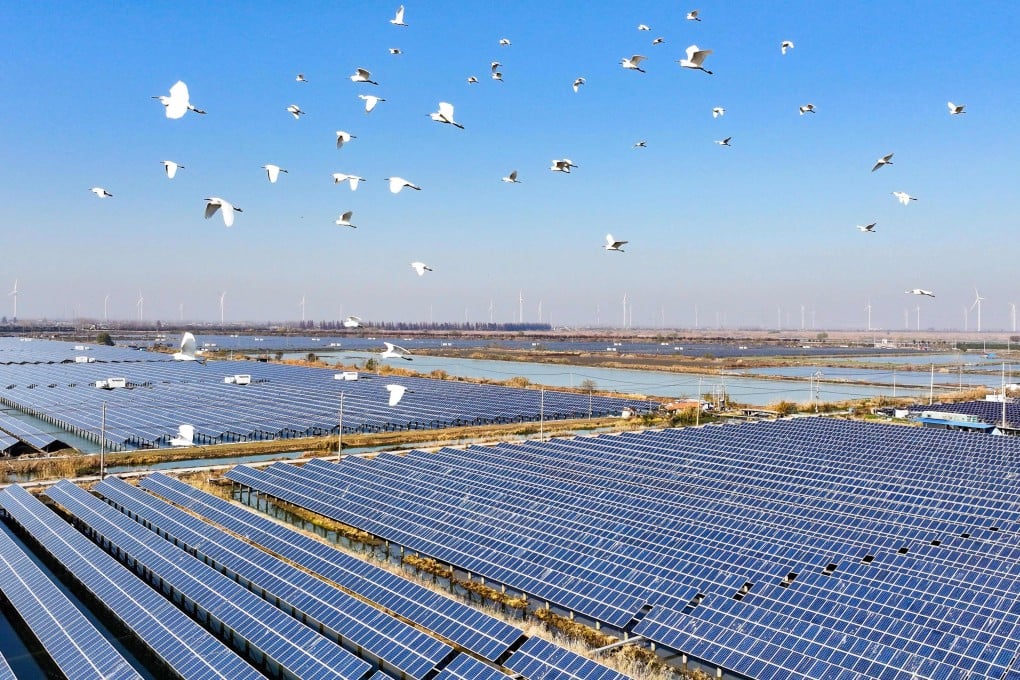Shares of solar-panel maker Longi tumble as price war, glut stoke losses
Prices of most popular solar modules have fallen to a level that renders most producers unprofitable, Citigroup says

The world’s largest maker of solar silicon wafers expects to report a loss of 8.2 billion yuan (US$1.1 billion) to 8.9 billion yuan for 2024, according to a Shanghai Stock Exchange filing on Friday. The firm was expected to lose 7.1 billion yuan, according to forecasts compiled by Bloomberg, versus a 10.7 billion yuan profit in 2023.
The stock declined 1.6 per cent to 15.16 yuan on Friday, the worst drop since January 10. Longi shares slumped 30 per cent over the past 12 months, while the Shanghai Composite Index advanced 12 per cent.
“Affected by stiffening industry competition, the company’s output of second-generation products remained low,” the firm said in the filing. “Prices and gross margins of mature products continued to fall, resulting in operating losses and provisions for asset impairment.”

